
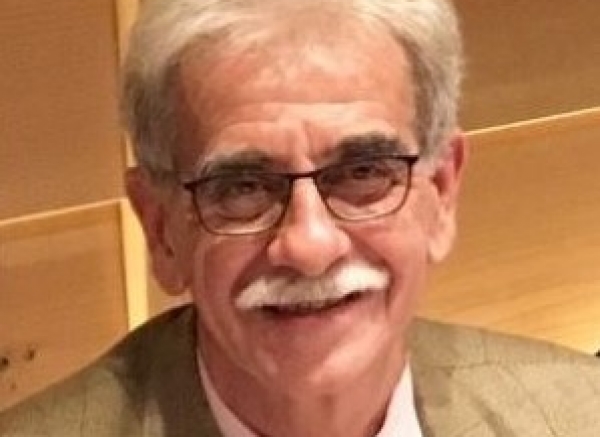
Prof. Claude Delmas is Emeritus CNRS Research Director at the Bordeaux Institute of Condensed-Matter Chemistry (ICMCB), located on the campus of the University of Bordeaux in France. He received his DSc Degree in solid-state chemistry at the University of Bordeaux in 1976. In 1985, he created the Solid-State Ionics Group at ICMCB and, in 2004, he became director of the institute. He is a Solid State Chemist working in the field of positive electrode materials for secondary batteries. His expertise concerns layered oxides and phosphates able to intercalate reversibly hydrogen, lithium and sodium. In the 80’s - 90’s, he made pioneering intercalation works in sodium layered oxides, in lithium cobalt substituted nickel oxides and in Nasicons. He proposed a general classification of the layer oxides, which is now used by all the scientific community working in this field. His most successful studies have involved stabilization of metastable phases with unusual oxidation states, determination of structural derivations and characterization of extended defects. Most of his works were made in connection with industrial worldwide companies. He has authored or co-authored more than 320 scientific publications and holds 16 patents.
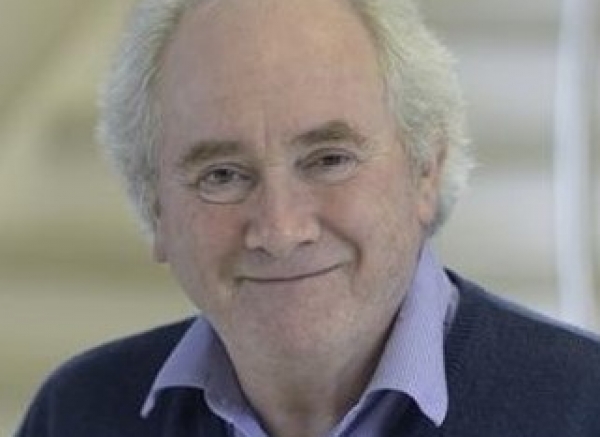
Prof. John Owen is Emeritus Professor in Electrochemistry within Chemistry at the University of Southampton. He obtained his first degree in Chemistry from Imperial College, London, where he also studied for his Ph.D. in Organic Electro-optic Crystals under the late E.A.D. White. He then worked on Solar Energy at the Materials and Energy Research Centre in Iran until in 1979 revolution brought him back to the Wolfson Centre for Solid State Ionics in Imperial College as Wolfson Fellow working on polymer electrolytes. In 1984 he was appointed lecturer in the Department of Chemistry and Applied Chemistry at the University of Salford before joining the School of Chemistry at Southampton in 1990. As founder of the Solid State Electrochemistry Group, he researched into materials for lithium and lithium ion batteries, supercapacitors and electrochromic devices until his recent retirement. Currently he is still engaged part time in some PhD supervision, external examining and consultancy.
John is a Fellow of the Royal Society of Chemistry and a former member of the Editorial Board of the Journal of Power Sources. Over the past 30 years he has given invited/keynote lectures on lithium cell characterisation, polymer electrolytes, electrode synthesis, mesoporous materials and high throughput techniques for battery discovery at international meetings in the US, Canada, China, Japan, Singapore, Australia, Argentina, Mexico, Czech Republic, France, Germany, Italy, Poland, Spain, Sweden and the UK.
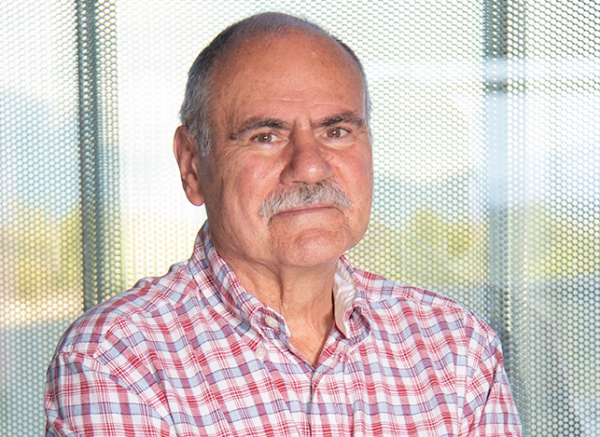
Prof. Michel Armand, born in France and educated in France and USA, he owns a Master in inorganic, organic chemistry and physical chemistry (Paris 1968); Ph.D. in Physics (1978); Fullbright Fellow in 1970. He has been Directeur de Recherche at Centre National de la Recherche Scientifique (CNRS) since 1989, Invited senior scientist at Lawrence Berkeley Laboratory (1982-1983). Professor at University of Montreal (Canada) (1995-2004). Director of the Joint CNRS-UdM International Laboratory on Electroactive Materials (2000-2004). Resumed as Directeur de Recherche at CNRS in Amiens (France). Prof. Armand joined CIC energiGUNE in 2011 as part of the Scientific Committee of the Power Storage; Batteries and Supercaps area while leading the creation of the Polymer Electrolyte research group, currently at the top of European Research on Solid State Batteries. With an h-index of 67 and over 66000 citations, Prof. Armand is acting or has acted as Editorial Board for several journals (Solid-State Ionics, Journal of Applied Electrochemistry, Synthetic Metals, J. Power Sources) and Conferences advisory committee and organisation for several international conferences. The Scientific Distinctions and Awards received include both Bronze and Silver Medals from C.N.R.S. (1978, 1989); Royal Society, Faraday Division, Medal Award (1985); Preis fur Umweltteknologie Saarland Länder (1988); Battery Division Award, The Electrochemical Society USA (1988); Pergamon Medal, International Society for Electrochemistry (1995); Volta Award ECS European Section (2000), first recipient; Doctor Honoris Causa from Uppsala University (2006); Galileo Award for polymer electrolytes research (2010); International Senior Researcher, Chinese Academy of Sciences (2011); Aymé Poirson Prize, French Academy of Sciences (2012); Catalan - Sabatier Real Sociedad Española de Química Prize (2012) and Doctor Honoris Causa University from Deakin University (2016). JES Focus Issue on Challenges in Novel Electrolytes, Organic Materials, and Innovative Chemistries for Batteries in Honor of Michel Armand, the Electrochemical Society, (2020).
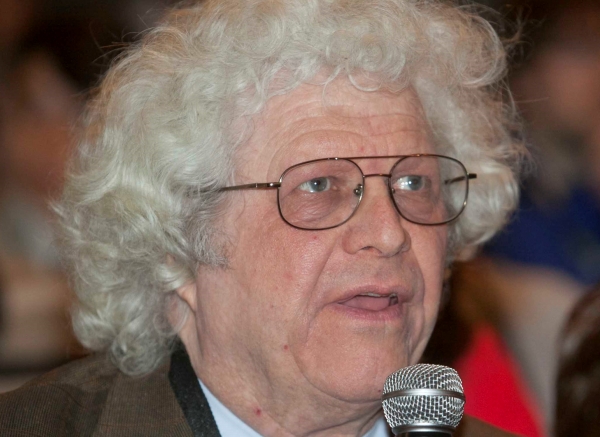
John R. Miller, President of JME, has more than twenty-five years of experience in research, development, commercialization, evaluation, testing, and modeling of capacitor technologies, products, and systems.
Since founding JME in 1989, he has assisted in the development and market introduction of several electrochemical capacitor products now available for commercial, military, and medical applications. Dr. Miller was a pioneer in the development of third-generation electrochemical capacitor technology where he advanced development of several asymmetric capacitor systems.
He has assisted material suppliers to create products having enhanced performance capabilities for capacitors and assisted DOE in establishing appropriate test methods and evaluation procedures for large, high-power capacitors.
Dr. Miller has published more than 50 capacitor-related papers, prepared many government reports, and been awarded ten U.S. patents. He has organized and chaired international conferences on electrochemical capacitor technology and taught short courses at Electrochemical Society and IEEE meetings.
In addition to his position with JME Inc. Dr. Miller holds an appointment as Research Professor at the Great Lakes Energy Institute of Case Western Reserve University. He has previously held positions at SOHIO, the University of Rochester, and Los Alamos National Laboratory. Dr. Miller holds BS and PhD degrees in Physics from MIT.
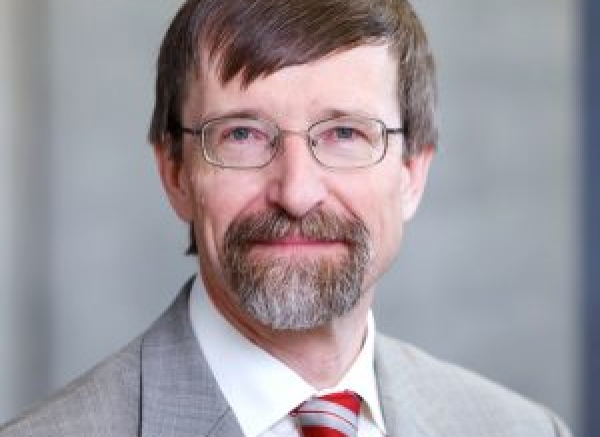
Prof. Petr Novák is head of the Section “Electrochemical Energy Storage” of the Paul Scherrer Institute in Villigen, Switzerland and Professor at the Laboratory of Inorganic Chemistry of the Swiss Federal Institute of Technology in Zurich (ETH Zurich). He has been working in the field of electrochemistry all his professional life, focusing on batteries, mainly lithium-based. In 1983, he joined the J. Heyrovský Institute of the Czech Academy of Sciences, Prague (with a short period at the Technical University of Linköping, Sweden in 1986; with Olle Inganäs), later as Alexander von Humboldt-Fellow at the University of Bonn, Germany (1988-1989; with Wolf Vielstich).
Since 1991 Professor Novák has been working at the Paul Scherrer Institute, Villigen, Switzerland. His research interests span a wide range of topics related to materials’ electrochemistry and interfacial electrochemistry. The dominant topics include nonaqueous electrochemistry, conducting polymers, inorganic electrode materials and organic electrolytes for batteries, interfaces in nonaqueous systems, and especially the development of electrochemical in situ (operando) methods. Apart from many technical reports, he is author or co-author of 13 patents. He has published about 300 papers in leading scientific journals and has collected over 17,000 career citations (Career h‑Index: 57).
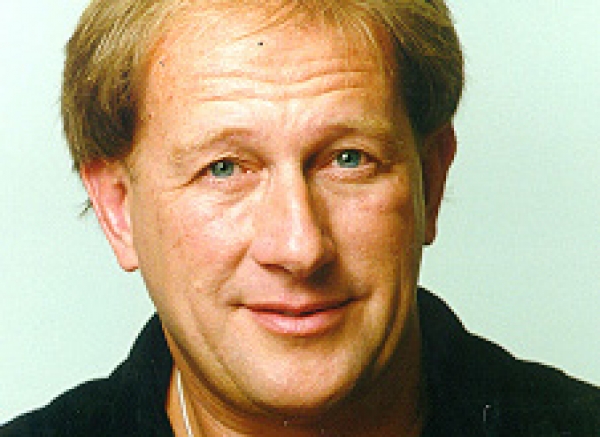
Steve Visco is an internationally recognized expert in lithium batteries and fuel cells. Dr. Visco currently holds over 100 U.S. patents, more than 200 international patents and has authored close to 100 journal articles, as well as books, monographs and other publications. He has successfully raised $45M in government contracts and grant awards, serves on numerous scientific committees and panel, and directed research leading to recognition of PolyPlus by TIME magazine and a Gold Edison Award in 2012. He received a B.S. in Chemistry from the University of Massachusetts, Amherst, a Ph.D in Chemistry from Brown University, and was a Postdoctoral Fellow at the University of California in Santa Barbara before joining the staff at the Lawrence Berkeley National Laboratory. In 2013 Dr. Visco was selected by the City of Berkeley for a “Visionary Award” for his work in next generation batteries. Steve also serves on the Technical Advisory Boards for the Conrad Foundation and CIC energiGUNE and was awarded the 2011 International Battery Association Award for “Outstanding Contributions to the Development of Lithium-Air and Lithium-Water Batteries.” In May 2015 Dr. Visco was elected a Fellow of the Electrochemical Society.
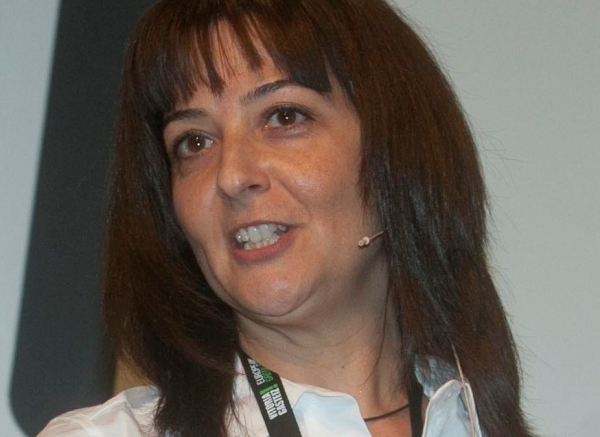
Dr. Cristina Pozo-Gonzalo attained her Degree and honours in the University of Zaragoza (Spain). After graduating, she received her PhD degree in Chemistry from the University of Manchester (United Kingdom) working with Prof. Peter J. Skabara on the electrochemical synthesis of Conducting Polymers. From 2004, she joined the Centre for Electrochemical Technologies in San Sebastian, (Spain) as the head of electrooptical unit where she stayed for 7 years, managing a total of 23 projects. After moving to Australia, she has been working with Prof. Alan Bond at Monash University and in 2012 she joined Prof. Maria Forsyth at Deakin University where she has been working in the reversible metal air battery team working with advanced electrolytes, ionic liquids funded by ARC Centre of Excellence for Electromaterials Science (ACES).
During her research career, she has authored and co-authored 66 peer-review international publications, one book chapter and holds 3 patents. She has also supervised 17 international undergraduates and graduates.
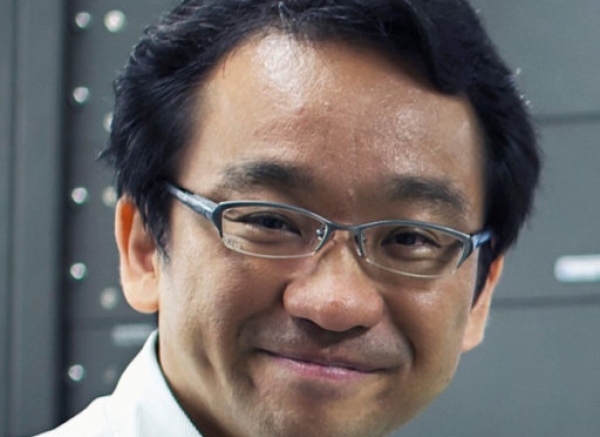
Prof. Shinichi Komaba works as a Professor of Applied Chemistry at Tokyo University of Science and a Project Professor at Kyoto University. After obtaining his Ph.D. from Waseda University, Komaba joined Iwate University in 1998. From 2003 to 2004, he also worked at Institut de Chimie de la Matière Condensée de Bordeaux, France, as a post-doctoral research fellow. In 2005, he moved to Tokyo University of Science as a faculty member. Among other awards Professor Komaba received 2014 Resonate Award from Caltech, USA, for his research in energy storage, which is aimed at making sodium-ion batteries and safer lithium-ion battery systems.
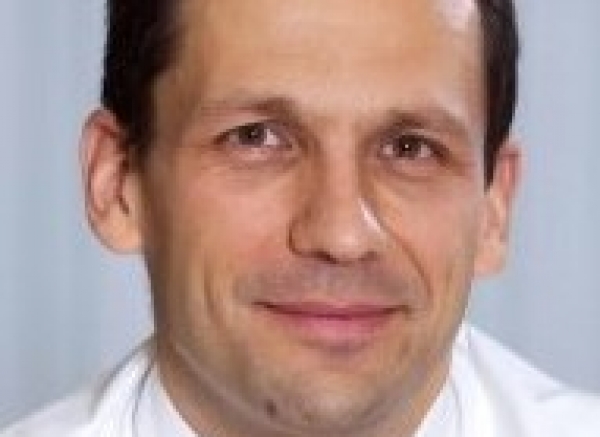
Prof. Tomaž Katrašnik got his PhD in Mechanical Engineering from the University of Ljubljana, Faculty of Mechanical Engineering in 2004 and works as a Full Professor for the field of Energy Engineering, University of Ljubljana, Faculty of Mechanical Engineering since 2016.
Leading and other important functions
Prizes and awards
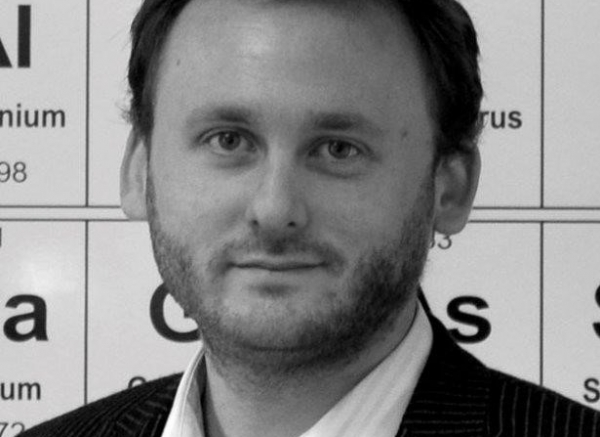
Prof. Laurence Hardwick is Professor of Electrochemistry and Director of the Stephenson Institute for Renewable Energy within the Department of Chemistry at the University of Liverpool. He received his MChem in Chemistry in 2003 from the University of Southampton and PhD in Chemistry from ETH-Zurich in 2006. Before joining Liverpool in 2011, he spent his postdoctoral time working at the Lawrence Berkeley National Laboratory and at the University of St Andrews investigating Li-ion battery electrode degradation mechanisms, lithium diffusion pathways through carbon and the chemical and electrochemical processes in Li-air cells.
His recent work has focused on the development of advanced in situ electrochemical surface enhanced infrared and Raman methodologies that examine electrochemical reaction mechanisms on a variety of electrodes interfaces which assist in our understanding on the function of metal-air and Li-ion batteries.
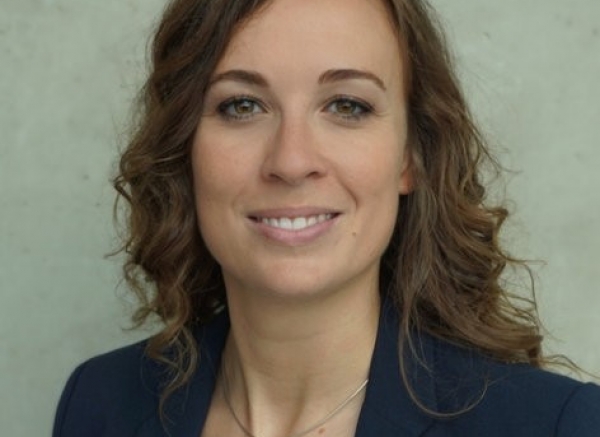
Dr. Susanne Dörfler studied chemistry and received her Ph. D. in the field of vertical aligned carbon nanotubes for supercapacitor and lithium sulfur battery electrodes from the Technische Universität (Technical University, TU) Dresden in 2013 under supervision of Prof. Dr. Stefan Kaskel. From 2012 to 10/2013, she worked as a Group Manager “Nano-scaled Materials” at the University of Excellence, TU Dresden, Chair of Inorganic Chemistry I. From 2013 to 2015, she led a junior research group financed by the European Social Fund in the field of LiS batteries.
Since 2016, she has been working as a group manager “Battery and Electrochemistry” at the Fraunhofer Institute for Material and Beam Technology in Dresden. Her main research topics are material development, establishing structure-property relations between the respective materials, electrolytes, and their electrochemical performance. In cooperation, her group works on the material development and processability, but also on the cell design in its entirety. She has 4 patent applications and is (co-)author of 32 publications.
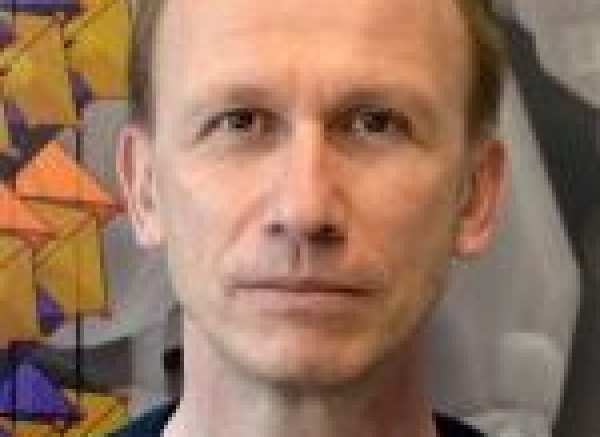
Dr. Peter Axmann is project manager for battery materials development and is deputy head of the department ECM (Accumulators Materials Research) at ZSW, Ulm (Germany). He received his PhD from the Georg-August-University of Göttingen. He joined ZSW 1998 working on the development of cathode materials for alkaline and lithium-ion batteries and on the understanding of aging phenomena in battery cells. He conducted several projects including the whole value chain from material development to the full cell.
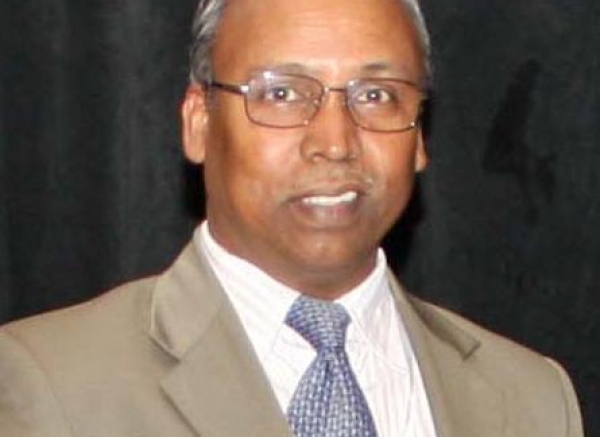
Just after graduating from Hyderabad University, India (1993) in the area of Solid State Ionics, Prof. Palani Balaya joined IISc, Bangalore as a Research Associate (1994-1996) and worked on insulating materials. He later joined the Inter University Consortium Mumbai, as a Scientist (1996-2001) before moving to Max Planck Institute for Solid State Research, Stuttgart as a Guest Scientist (2001-2006) to work in the area of Nano-ionics. Dr. Palani Balaya joined the Faculty of Engineering, NUS as an Assistant Professor in January 2007. Since July 2014, he works as an Associate Professor at NUS.
His research areas include energy conversion and storage. Specifically he works on fast chargeable lithium-ion battery for EV applications, sodium-ion battery for micro-grid and solar housing applications. He is one of the founding members of Solar Energy Research Institute of Singapore in NUS.
He serves as a Topical (Battery, Fuel Cell, Capacitor) Editor for the Journal of Solid State Electrochemistry (Jan. 2013-Decem. 2018). He was recognized by the American Ceramic Society (ACerS) as an ACerS Global Ambassador (2016), recipient of Global Star Award (2015) from ACerS, Late Shri Har Mahandar Singh Chhatwal Memorial Award (2015) from Indian Ceramic Society, Shell Ideas360 Passionate Mentor (2015) from the Shell Companies in Singapore, the Max Planck Fellowship, etc. He has served in Inter-governmental Panel on Climate Change (IPCC) as a Co-ordinating Lead Author for the Special Report on Renewable Energy Sources and Climate Change Mitigation, in 2011. He serves in international advisory boards for several conferences on Energy Storage, also successfully organized several conferences/symposia on Batteries and Energy Storage in Singapore, USA, Canada, Mexico etc., Up to date, he has published 90 articles, filed 16 patents and delivered more than 60 Invited/Keynote/Plenary talks.
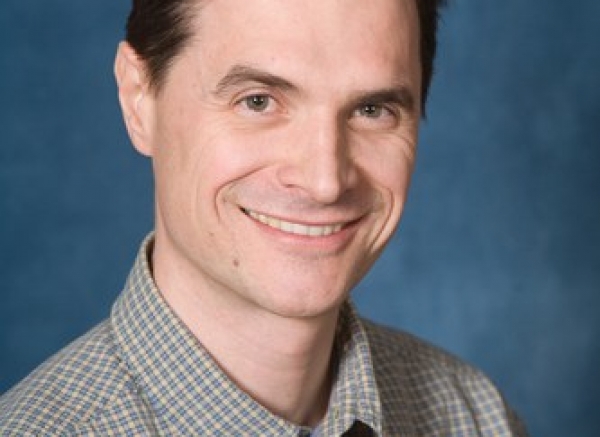
Prof. Anton Van der Ven received a PhD degree in Materials Science from MIT in 2000 and an engineering degree in Metallurgy and Applied Materials Science from the University of Louvain, Belgium in 1994. He joined the University of Michigan as an assistant professor in 2005, following a post doc at MIT. In 2013, Van der Ven moved to the University of California Santa Barbara where he is currently an associate professor in the Materials Department. Studing the thermodynamic, kinetic and mechanical properties of a wide variety of materials of technological importance, his research interests are in the area of computational materials science with a focus on developing and applying first-principles statistical mechanical methods to predict properties of materials for energy storage and high temperature structural applications. His interests are devoted to understanding the mechanisms of phase transformations that couple diffusion and structural changes and in developing first-principles theories of non-equilibrium processes in the solid state. He also studies super alloys and high temperature oxides for structural applications as well as corrosion processes in materials for nuclear applications.
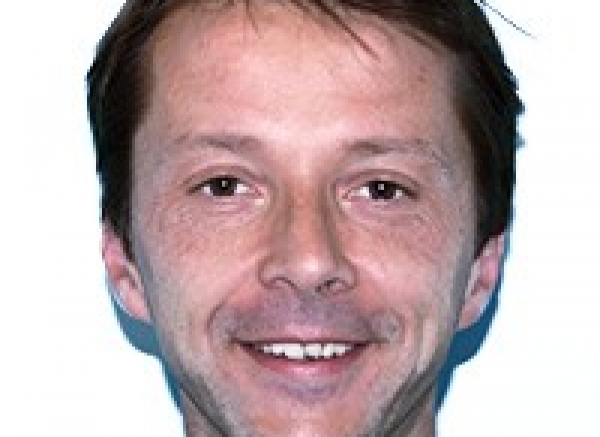
Dr. Joel Gaubicher research activity is focused on the electrochemical storage field since 1998. After obtaining a Ph.D. from the P&M Curie University of Paris in 1998, he joined the University of Waterloo, Canada, in 1999 as a post-doctoral research fellow under the supervision of LF. Nazar where he worked on phosphate materials for Li ion battery. In 2001, he moved to the Institut des Matériaux Jean Rouxel in Nantes as a CNRS researcher and developed research programs dealing with Li Metal Polymer, Li-ion, Na-ion, Li/S batteries and supercapacitors. His main interests deal with solid state electrochemistry of inorganic materials as well as synthesis and electrochemical mechanisms mainly through operando characterizations. He was the recipient of a CNRS award for his research in 2013. More recently, he has been developing aqueous battery and supercapacitor chemistries based on organic electroactive materials. Up to date, he has published 70 articles, filed 16 patents and delivered 15 Invited talks.
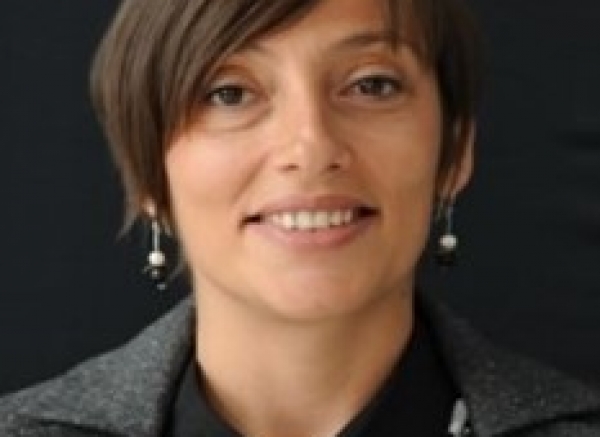
Dr. Rebeca Marcilla is Senior Researcher of the Unit of electrochemical processes of IMDEA Energy. Rebeca Marcilla got the PhD degree in Chemistry at the University of the Basque Country (2006). She carried out her doctoral thesis in the field of ionic liquids and polymeric ionic liquids with application in electrochemistry and nanotechnology.
She received the prize for the best PhD thesis in polymer science in 2005-2006 by the Spanish Polymer Group. After her PhD, she joined the technological center CIDETEC (Centre for Electrochemical Technologies) to work as a researcher and acquiring a wide experience in conducting polymers and polymer electrolytes based on ionic liquids. In 2010 she joined to the IMDEA Energy Institute being awarded with a prestigious “Ramón y Cajal” fellowship in 2011. Her main research interest is the development of electrochemical energy storage devices including supercapacitors, solid-state batteries and Redox Flow Batteries.
She is co-author of about 80 scientific papers in international journals (h 33) and 5 patents. Furthermore, she has been involved in several research projects, including those funded by the European Union, the Spanish Government and by Companies. In 2017 she was awarded with a prestigious ERC Consolidator Grant given by the European Research Council (ERC) to develop an innovative concept of Membrane-Free Redox Flow Battery (MFreeB project).
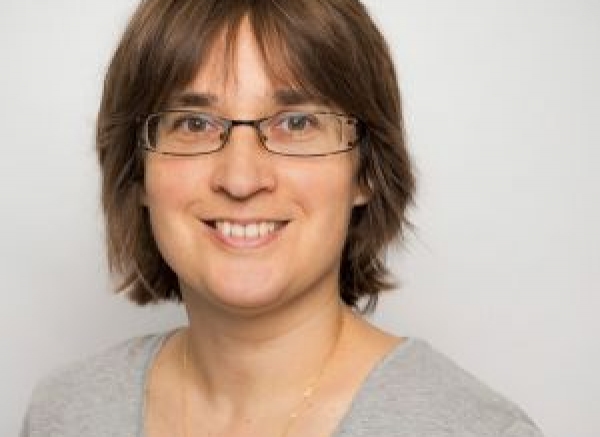
Research Interests:
Education:
Professional Experience:
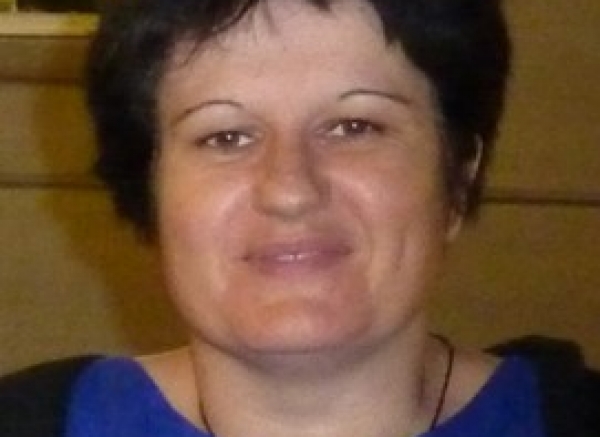
Laurence Croguennec is CNRS Research Director at the Institute of Condensed Matter Chemistry in Bordeaux (ICMCB, CNRS UMR 5026, University of Bordeaux, Bordeaux INP, France).
She received her DrSc Degree in Solid State Chemistry in 1996 from Nantes University at the Institut des Matériaux Jean Rouxel (IMN, France) and spent one year as a postdoctoral research fellow at the Bonn University (Germany). She became CNRS researcher at ICMCB in 1997, and is leading the research group “Energy: Materials and Batteries” since 2004. She is actively involved in the French Network on the Electrochemical Energy Storage (RS2E) and in the ALISTORE European virtual Research Institute devoted to battery research.
She has been working for more than 20 years now on the crystal chemistry of electrode materials developed for Li-ion and Na-ion batteries, especially layered oxide and phosphate-type positive electrode materials, and on the characterization of original structural and redox mechanisms involved upon their cycling in batteries. She is also strongly involved in the development of in situ and operando characterization tools by diffraction, in collaboration with large-scale facilities (Alba, ILL and Soleil). She is author of 115 publications and delivered 50 invited talks.
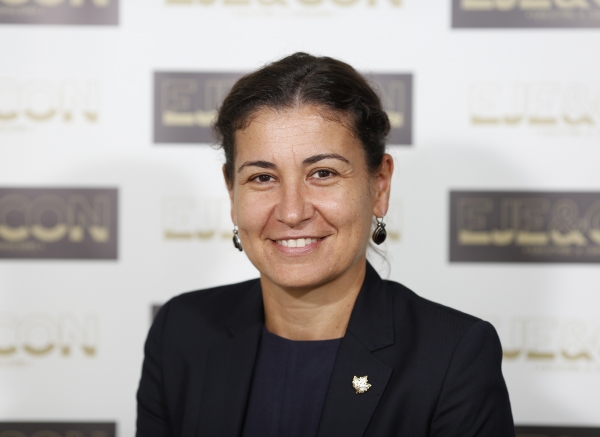
Belen Linares is 17 years professional experience in Aerospace & Energy business. She is an expert in Research, Technology & product development for Energy & Powerplant Systems. She is being managing worldwide, international high qualified engineering teams devoted to the Research & Development oriented to the Business Application & Profitability in Renewable Energy & Aerospace. French educated, she started in 1998 her career in Airbus Industry, managing the A400M Military Aircraft Powerplant System Team in Toulouse (France) & Madrid (Spain). She moved in 2004 to the Energy sector, into Siemens Gamesa, Global Wind Turbine Manufacturer, where she dedicated part of her career to lead the product & technology development team as R&D Director. All implemented in a global energy market: India, Mexico, Europe, USA & Brasil. Since 2016, Belen joined the Utility Acciona Energy as Innovation & R&D Director, Acciona Energy is a global Renewables Company that commercializes the energy & operates more than 9GW Renewable Assets. Belen is Aerospace Engineer, High Degree in Electrical Systems by the Madrid Polytechnic University (Spain). She completed the Advanced Management Program for Executives from ESADE Business School (Spain) & the Global Growth Strategy Program from Wharthon School in Philadelphia (USA). Belen is also the Innovation & Technology Vice President of EJECON: Spanish Women Executives & CEO´s Association.
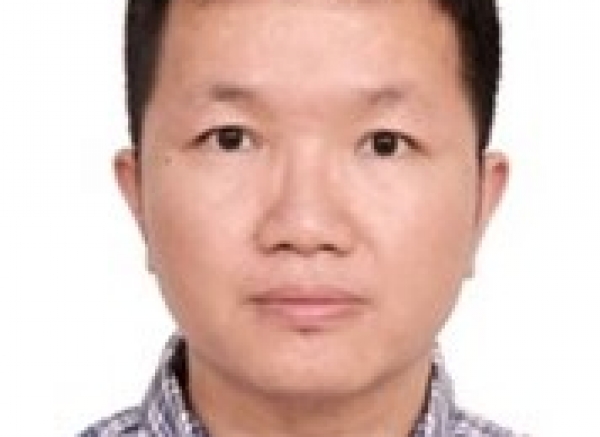
Dr. Xiang HONG got his Ph.D degree on material chemistry from University of Paris-sud 11 in 2012, since then he joined ATL/CATL (Contemporary Amperex Technology Ltd.) as senior/principal engineer for chemistry development of post and beyond Li-ion technologies.
He initiated the studies of solid-state Li metal battery in ATL, and led the development of Ni-rich (NCM811) chemistry for EV in CATL until the end of 2018. As Lead Battery Expert of Huawei Technologies, he is now in charge of material research for advanced energy storage technologies in Watt Lab.
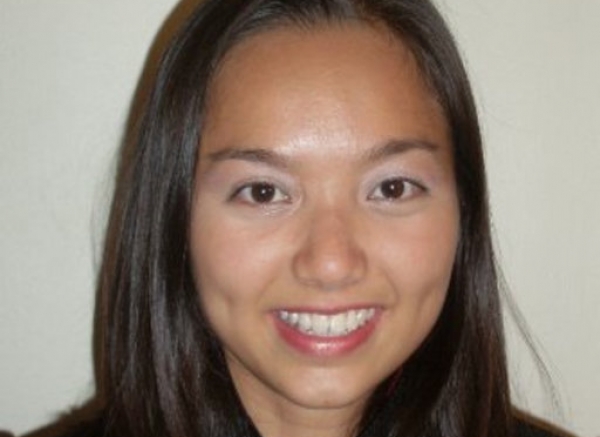
Dr. Rongying Lin, Project Manager (R&D) at Solvionic, is a R&D Project Manager working in the field of energy storage. She received her PhD in Material Science from the University of Paul Sabatier in Toulouse under an industrial scholarship (CIFRE) with Solvionic. Her research has been focused on the development on ionic liquid based electrolytes for supercapacitor applications.
Her post-doctoral research was on the study of materials for Na-ion batteries in Centre of Research and Material Engineering (CIRIMAT, France) as well as for supercapacitors. Rongying joined Solvionic in 2013 and has been working on the development of ionic liquids and electrolytes, focused on electrochemical improvements for supercapacitor and battery applications. She is also managing Solvionic’s current EU funded H2020 projects.
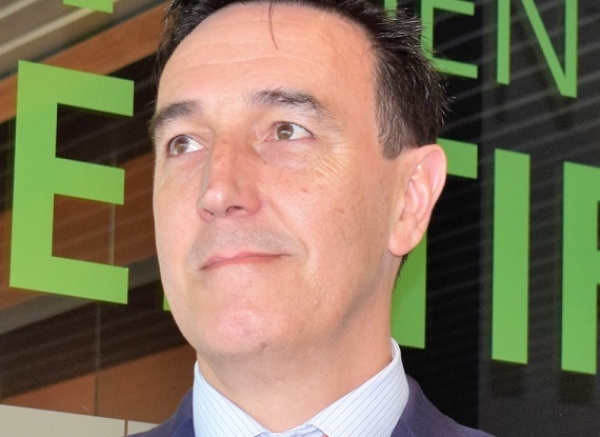
Javier Olarte is a visionary leader bringing over 30 years of experience in design, development, production, marketing and after-sales service of energy storage and power electronic equipment for conversion of direct and alternating current, as well as electronic protections, communication systems, remote management applications and turnkey electrical and electronic projects establishing operational optimization across diverse industries in both national and international operations. Recognized for talents in strategy development and providing corporate vision.
Devises and implements new programs and initiates successful processes to produce new product with maximum revenue.
Diversified background in research and development, operations and engineering management; distinguished for an entrepreneurial mindset, creative problem solving, cross-functional teams and a bottom-line orientation.
Offers innovative solutions to operational challenges and leverages decisiveness to implement solutions while minimizing risk and maximizing performance. Expert in transforming strategic plans into tactical initiatives for national and international programs with an extensive track record in Europe and Latin America.
Motivator and coach combining business acumen with analytical depth to align operational efficiencies with corporate goals.
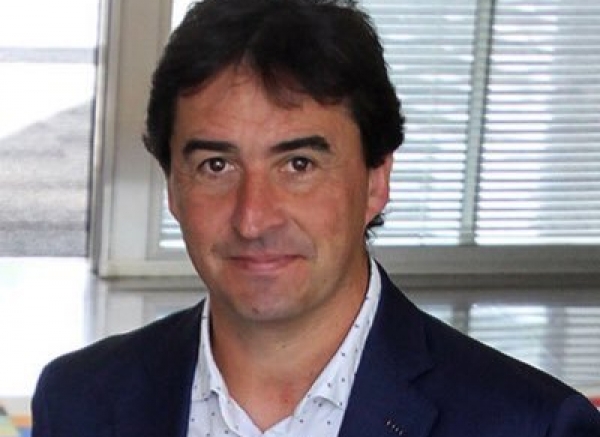
Graduated in chemistry from the University of the Basque Country (1994) and obtained the PhD degree from the University of Liege (Belgium, 1998). He did a post-doctoral stay at IBM Almaden and Stanford University (2000) and joint CIDETEC-IK4 as Ramon y Cajal fellow until 2010, being the head of Nanomaterials Unit.
In 2011, he took an Ikerbasque Research Professor position at POLYMAT- University of the Basque Country and actually, he is a scientific vicedirector of the centre. He is leading a group specialized in polymer chemistry, being their final goal the synthesis of innovative polymeric materials such as poly(ionic liquid)s and redox polymers with applications in energy storage. The group has an active participation in EU funded projects in the frame of FP7 and H2020, including Marie Slowdowska Curie, FET-OPEN and ERC-Poc projects that are currently active.
DM has (co)directed so far 15 PhD thesis. He has published more than 270 scientific papers, which have received over 11000 citations. He is a co-author of several patents and book chapters and has given over 30 invited and keynote lectures in international conferences. He collaborates regularly giving a course in advanced polymer synthesis at the University of the Basque Country (Polymer Master; Nanoscience and Nanotechnology Master).

If you want to know the latest trends in energy storage and new developments in research, subscribe.

If you want to join a top-level team, collaborate with specialists in multiple disciplines or tell us about your concerns, don't think twice...